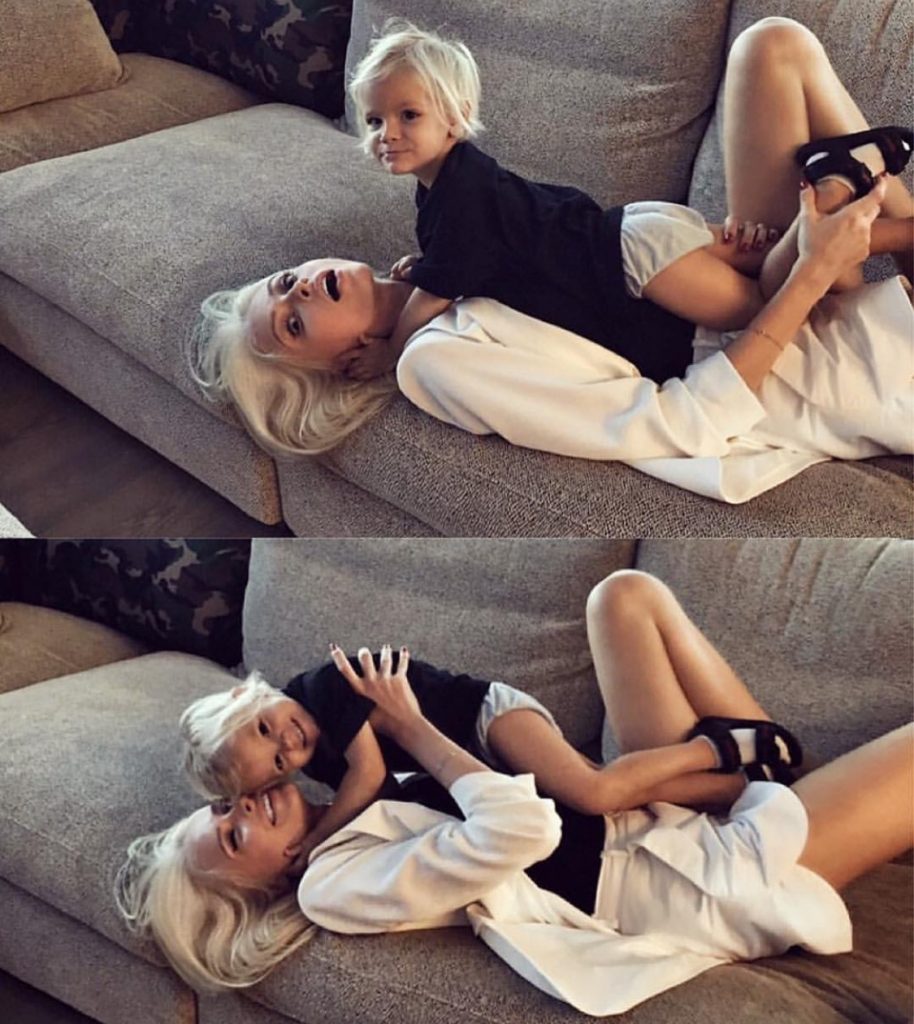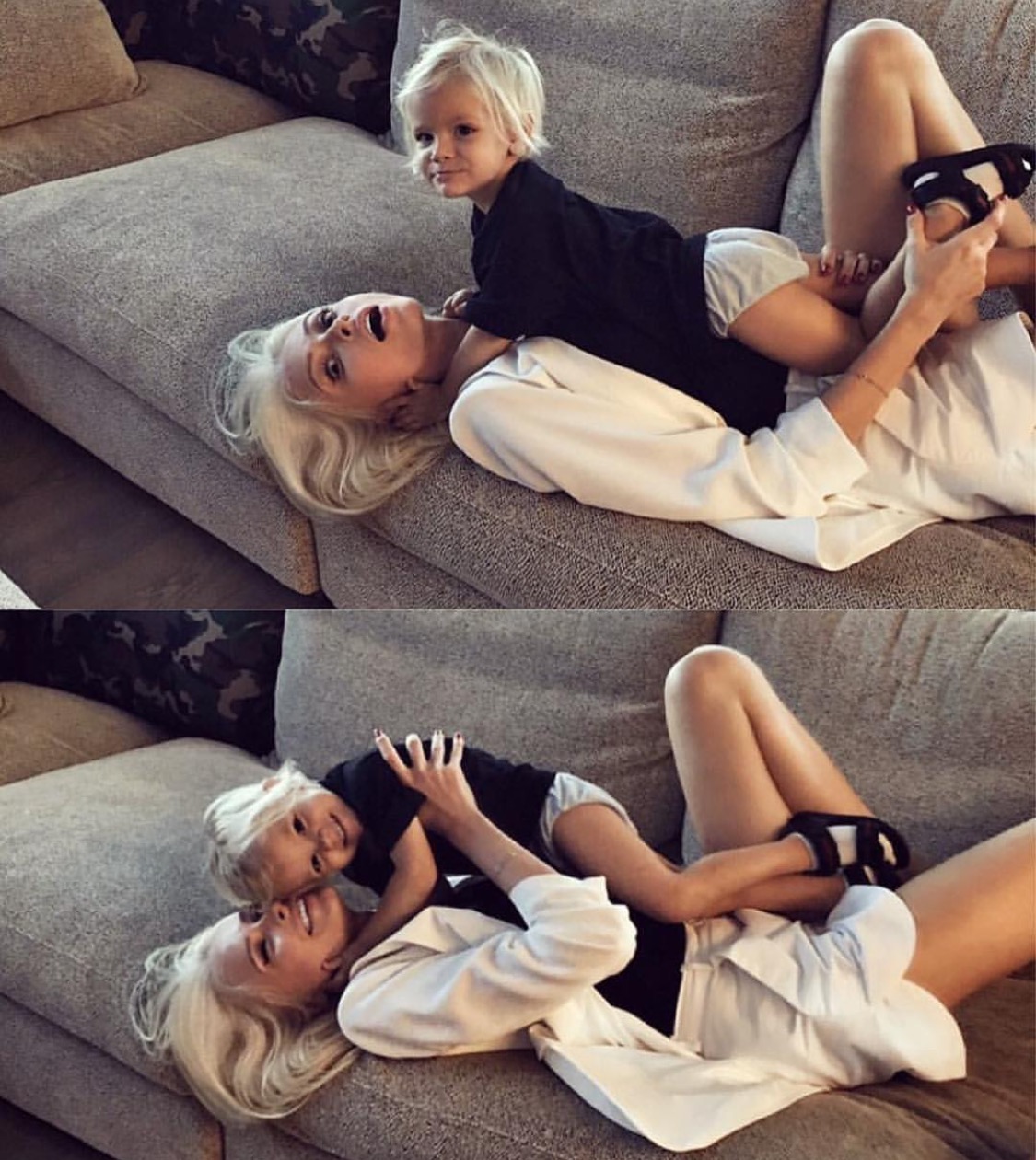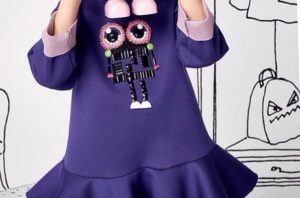
I know, you think you hate playing with your child. But what if I gave you permission to set a timer and forget about your To-Do list and just connect with your child for ten minutes? What if I promised that if you do this on a regular basis, your child will become more cooperative, and you will feel more energized? What if it helped you become a happier parent?
Children need to play. It’s their work. All mammals play; it’s their way of learning skills they’ll need when they’re full-grown, from finding food to getting along with others. It’s also the way small humans process their emotions.
All day, every day, children have to manage complicated feelings: Fear (What if there IS something under the bed?), Jealousy (Maybe you do love their sibling more!), Humiliation (The teacher acted like he should already know that, and all the kids laughed!), Panic (What if she doesn’t make it to the bathroom on time?), Anger (It was my turn!), Disappointment (Doesn’t anyone care what I want?!)…. The normal challenges of every day for a growing child of any age stimulate all kinds of feelings. Children release these emotions through play. Laughter, specifically, transforms our body chemistry by reducing stress hormones and increasing bonding hormones.
Kids are more physical than adults. When they get wound up emotionally, their bodies need to discharge all that energy. That’s one of the reasons they have so much more energy than we do, so they wear us out.
But we can use this to our advantage, because when we play physical games with children, they giggle and sweat and scream — and they release the same pent-up stress hormones that they’d otherwise have to tantrum to discharge. Playing is also how kids learn, so when you “teach” an emotional lesson by playing, your child really gets it. Best of all, playing helps parents and kids feel closer.
I realize that at the end of the day you might be exhausted. I personally would much rather snuggle on the couch than initiate an active game. The good news is that these games don’t have to last long — maybe 10 minutes at most, or even as little as 2 minutes.
And believe it or not, most parents find them energizing. That’s because the tension and irritation we carry around makes us tired. When we play, we discharge stress hormones just like our kids, giving us a little more energy as we head into the evening.
So when your child asks you to play, make a deal. Sure, you’ll play dollhouse, or build a train track. But first, will they play a roughhousing game with you for a few minutes? Don’t be surprised if your child loves this kind of play so much, he begins begging for these games over and over.
Play can be the long-sought bridge back to that deep emotional bond between parent and child. Play, with all its exuberance and delighted togetherness, can ease the stress of parenting. Playful Parenting is a way to enter a child’s world, on the child’s terms, in order to foster closeness, confidence, and connection.”
When you and your child seem to be having a lot of power struggles.
Give your child the chance to be the more powerful one and to outsmart and over power a terrible monster — You! Swagger and strut and roar at your child about how you will catch him and show him who’s boss….but when you chase him, always trip and bumble and let him outsmart you or over-power you and get away. Give him a remote and pretend he can make you stop, start, move forward and backward. When she high-fives you, pretend she almost knocked you over. Another version of this is giving your child a feather, or a pillow, to hit you with. Every time he hits you, fall over! Repeat as long as he’s giggling. Acknowledge your child’s formidable power: “You are so strong! You pushed me right over!”
When your child is super-clingy or has been experiencing separation anxiety.
Cling to your child, being super-exaggerated and silly. “I know you want me to let go so you can go play, but I NEED you! I only want to be with you. PLEASE be with me now?” Keep holding your child’s hand or clinging to her dress. She will like the feeling that SHE is the one in charge of letting go, rather than feeling pushed away. If you act silly enough, she will also giggle and let off some of the tension around good byes. When she definitively pushes you away, say, “It’s ok. I know you will come back. We always come back to each other.”





